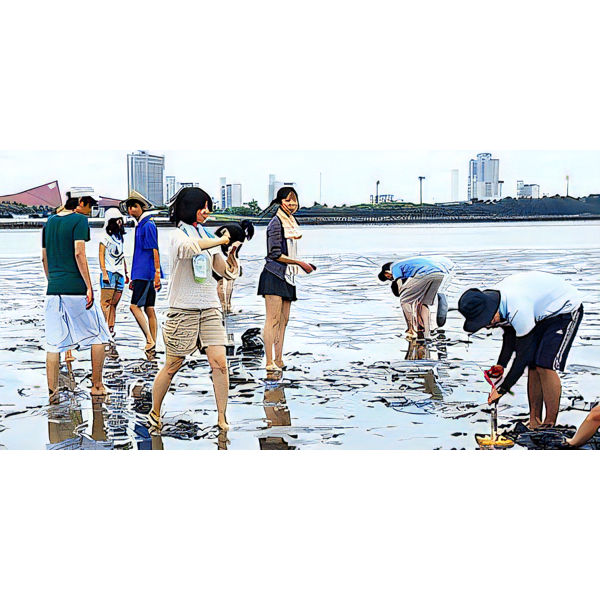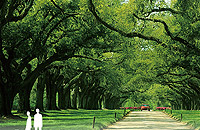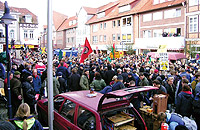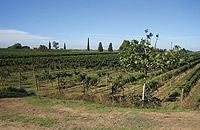Nagoya University
Departments

Department of Social and Human Environment
Environmental Policies

This unit conducts policy-oriented and strategic research on environmental issues for realizing a sustainable society, with a view to helping governments, companies/businesses, NGOs and individuals to take effective and practical measures for sustainability. Based on policy studies, business administration, and political sciences, this unit takes an inter-disciplinary approach. We collaborate closely with colleagues from other social science disciplines (i.e.colleagues in other units) such as economics, legal & political studies sociology, psychology and geography. We often work with experts outside of our department, too. We offer a wide variety of research and education opportunities, including theoretical work and fieldwork.
Economic Environment

Modern economics is based on theoretical economics, which analyzes problems using mathematical techniques, and econometrics, which adopts statistical methods. These two fields complement each other. The process of analysis, itself, can be categorized into two types: macroanalysis that focuses on the dynamism of the entire economy, and microanalysis that examines the behavior of specific economic entities. The role of the Economic Environment study unit is to take a close look at various problems related to cities, regions and the environment from macro and micro perspectives, making effective use of the techniques of both theoretical economics and econometrics.
Environmental Law and Politics

The Environmental Law and Politics unit is staffed with researchers in both the law and politics fields. Our researchers in law specialize in environmental law, and policy, international environmental law, etc., while our researchers in politics specialize in political thought, political/diplomatic history, etc. Based on an understanding of the concept of the“social environment”and recognizing that, in a broad sense, the“socially produced environment”has come to account for most of the Earth’s environment, today, the Environmental Law and Politics program aims to investigate the problems regarding the social environment from both legal and political perspectives.
The department’s Environmental Policy Unit, Environmental Law and Politics Unit, and Economic Environment Unit offer a wide range of courses in relation to policy studies.
→ Policy Studies at GSES
Sociology

Sociology is a scientific discipline that seeks to explain social phenomena and social problems by focusing on interactions between people. It is necessary to understand the nature of social relations and social structures in order to think about the future of human society and how it can develop in a sustainable fashion. The Department of Sociology at Nagoya University has become a major center for the conduct of both theoretical and empirical studies. Its aim is to build up sociological theory from an Asian perspective, whilst drawing from all existing traditions and trends of the discipline. The department conducts research in a wide variety of issues both in Japan and abroad, employing both qualitative and quantitative methods. We seek to contribute to the resolution of social problems, including by making policy recommendations.
Geography

Research and education in this program covers various fields in human and natural geography, and Nagoya University is recognized as a center of geographic studies within Japan. Graduate students in this unit are allowed to freely select their research themes, and actively participate in the presentation of their research results in academic journals and at international academic meetings. In recent years, many students have selected research themes that require the use of overseas surveys. Thanks to the introduction of GIS (the Geographic Information System) for use in research and education environments, the number of students conducting their research using GIS is also increasing. Seminar meetings are held with the participation of experts in human and natural geography and students are inspired to improve their specialized research by being exposed to a broad range of views.